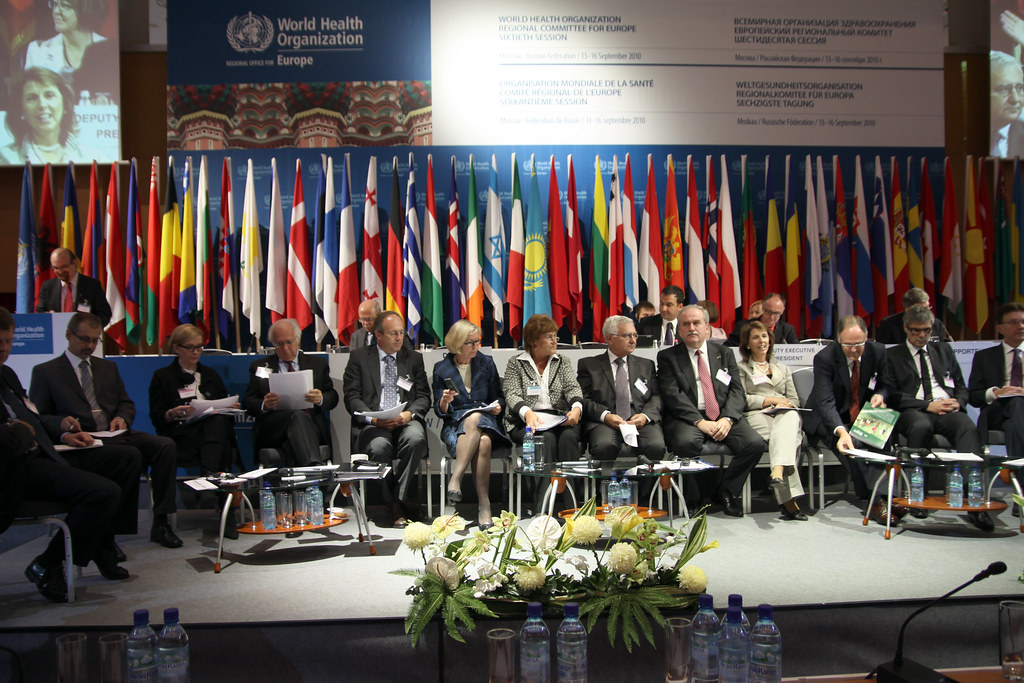The Top 5 Reasons the COP 26 Agreement is pseudoscientific and anti-human
Quick Summary
-
Reason 1 the COP 26 Agreement is pseudoscientific and anti-human: It calls for the rapid elimination of fossil fuels—the source of 80% of the world’s energy—without addressing the cost of doing so. In fact, the word “cost” is not mentioned once in the Agreement!1
-
Reason 2 the COP 26 Agreement is pseudoscientific and anti-human: It totally ignores the benefits of low-cost, reliable energy in general and fossil fuels in particular. The value of energy is not discussed once, even though COP 26 is trying to eliminate 80% of the world’s energy!2
-
Reason 3 the COP 26 Agreement is pseudoscientific and anti-human: It portrays the world as destroyed by human impact, even though by the standard of human flourishing today’s world is the best ever. Why? Because COP 26 is based on the anti-human dogma that human impact is evil.3
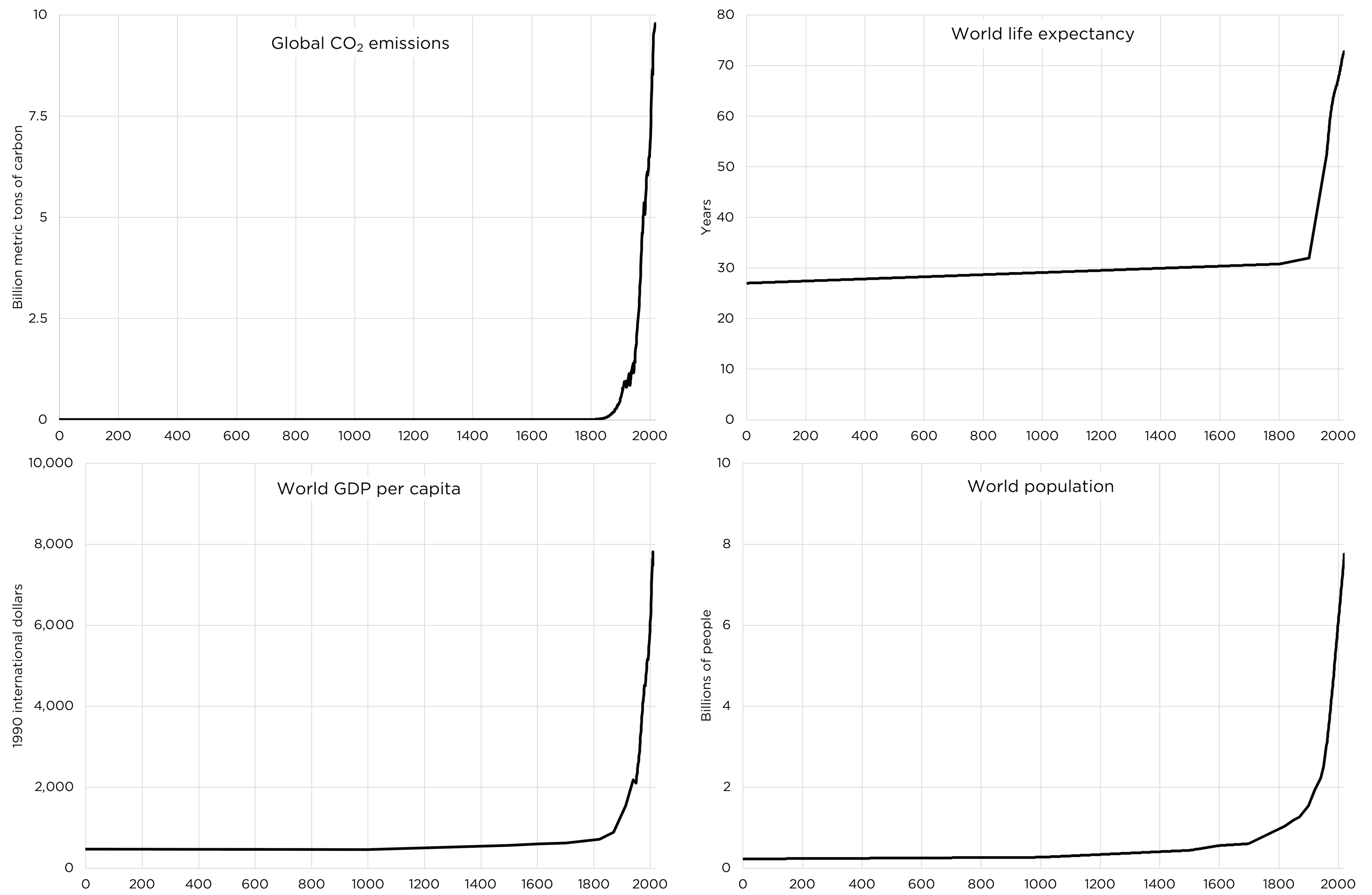
-
Reason 4 the COP 26 Agreement is pseudoscientific and anti-human: It totally ignores any positives of CO2 emissions, treating emissions as all-negative. But this is clearly untrue given that our emissions contribute to “global greening” and prevent cold-related deaths.4
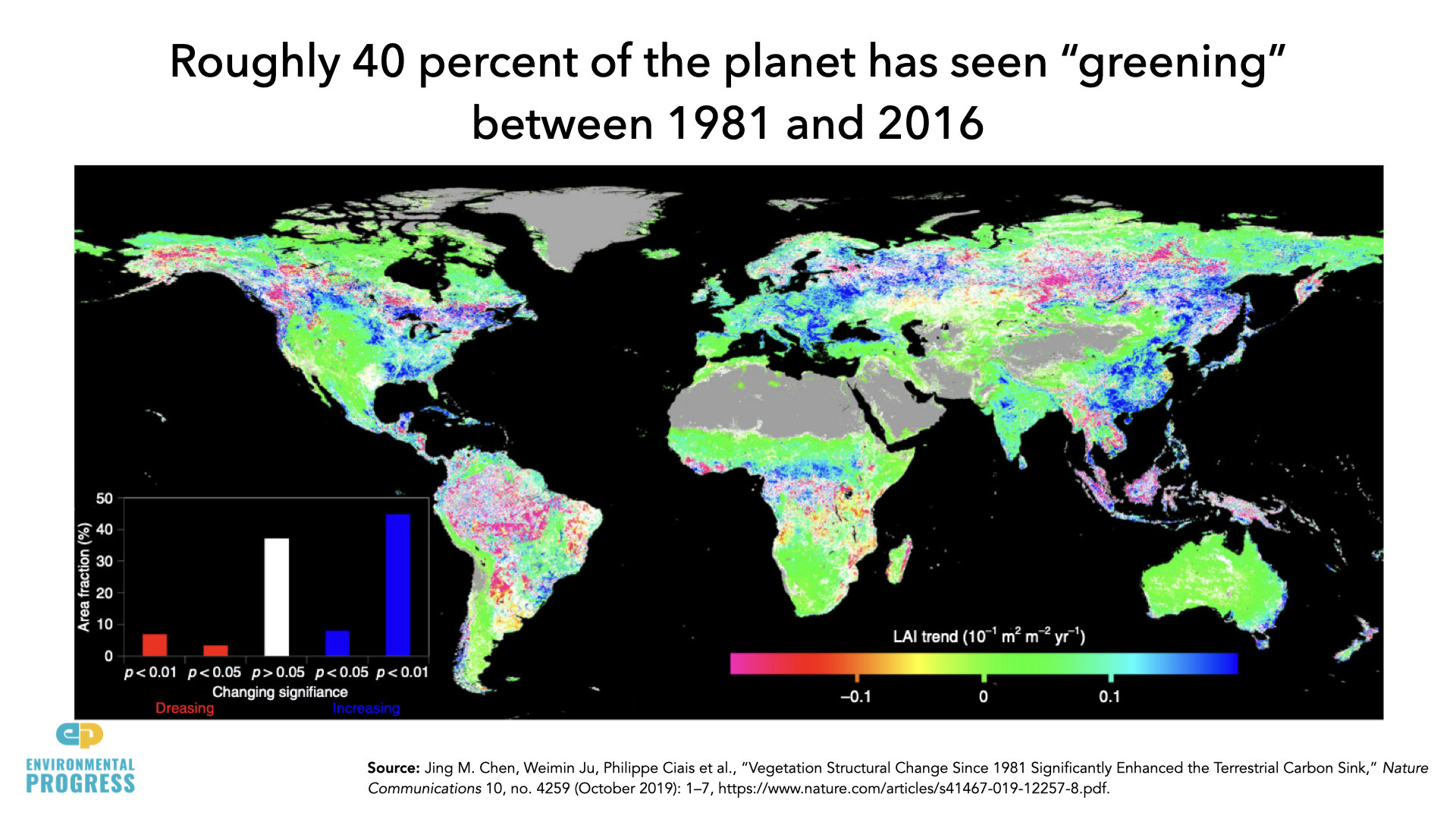
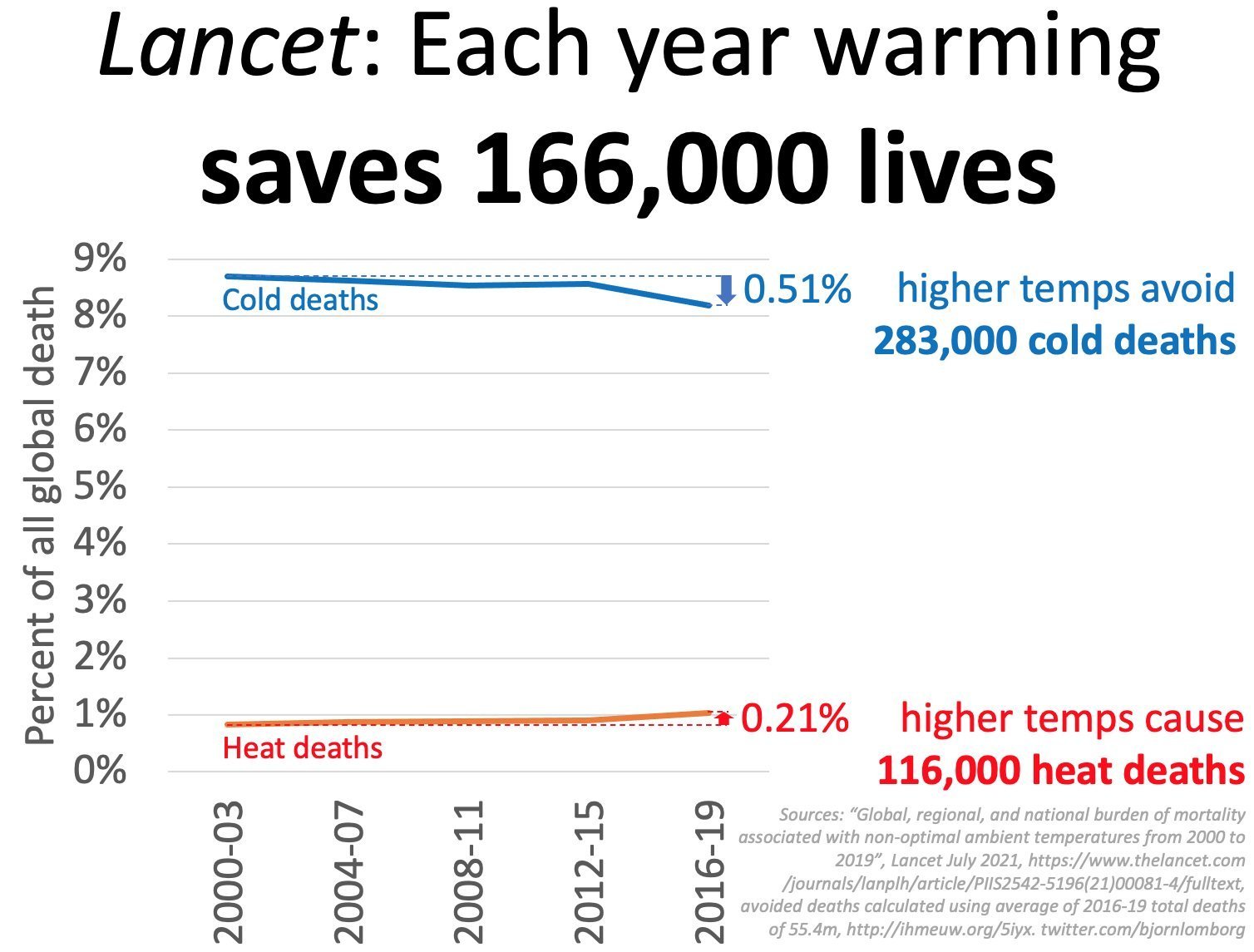
-
Reason 5 the COP 26 Agreement is pseudoscientific and anti-human: It totally denies the fact that adaptation and mastery have made us far safer from climate than we've ever been. No mention of the fact that climate-related disaster deaths are down 98% over the last century!5
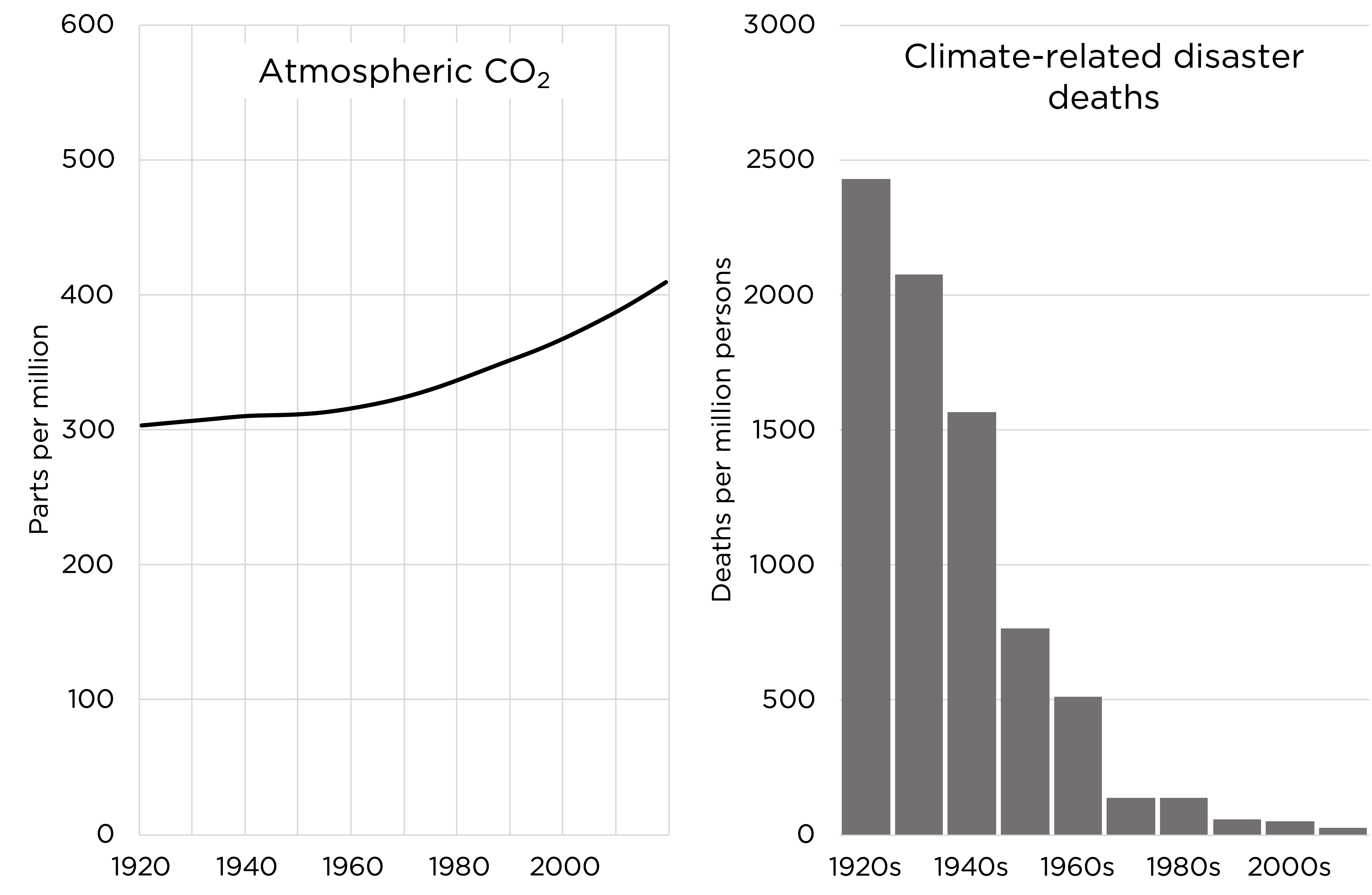
- Here's what I said about COP 26 on the 2nd day of the conference. I was ridiculed, yet the COP 26 Agreement did exactly what I predicted: called for the mass-genocidal policy of fossil fuel elimination, invoking pseudoscience and driven by anti-humanism.\
https://twitter.com/AlexEpstein/status/1458495785218154506
References
-
UNFCCC - COP 26 Draft Agreement BP - Statistical Review of World Energy 2021↩
-
Maddison Database 2010 at the Groningen Growth and Development Centre, Faculty of Economics and Business at University of Groningen
World Bank Data
Scripps Institution of Oceanography - The Keeling Curve↩ -
Regional trends vary, but overall the world's leaf area increased by 5.4 million square kilometers, or an amazon rainforest worth of greening, between 2000 and 2017 alone with over 1/3 of vegetated land showing an increase while only 5% showed a loss of green vegetation.
“Long-term satellite records reveal a significant global greening of vegetated areas since the 1980s, which recent data suggest has continued past 2010. … Global vegetation models suggest that CO2 fertilization is the main driver of global vegetation greening.”
Piao, S., Wang, X., Park, T. et al. Characteristics, drivers and feedbacks of global greening. Nat Rev Earth Environ 1, 14–27 (2020) -
For every million people on earth, annual deaths from climate-related causes (extreme temperature, drought, flood, storms, wildfires) declined 98%--from an average of 247 per year during the 1920s to 2.5 in per year during the 2010s.
Data on disaster deaths come from EM-DAT, CRED / UCLouvain, Brussels, Belgium – www.emdat.be (D. Guha-Sapir).
Population estimates for the 1920s from the Maddison Database 2010 come from the Groningen Growth and Development Centre, Faculty of Economics and Business at University of Groningen. For years not shown population is assumed to have grown at a steady rate.
Population estimates for the 2010s come from World Bank Data.↩
